Press article
Why is the Archdiocese of Berlin investing in a fintech?
Published: 12.05.2021 | By investify
The Archdiocese of Berlin is a co-investor in the fintech startup Investify. Investify, in turn, places great emphasis on sustainability. Why does a church institution invest in fintechs? What is more exciting here than with traditional investments at banks? And how does it view the issue of sustainability? Dipl.-Kfm. Bernd Jünemann, Head of Finance, gave exciting answers to the trade journal gi Geldinstitute.
Classic investments and investments in startups
Even though we continue to have traditional investments with banks and investment companies, we also invest in shareholdings and startups, among other things, provided that the risk appears justifiable and the concept is convincing. In addition to the financial investment in Investify, which represents only a fraction of our assets, I am also involved in the Board of Directors, so that I can closely follow the development of the startup.
Because Investify is not only a good investment for the Archdiocese of Berlin, it also enables private customers to invest money and build assets. As we all know, this is no longer that easy and is completely out of the question with the good old savings book. You could almost say that fintechs like Investify are “democratizing” the financial market, or at least creating equal opportunities. The fact that there are now also hasardeurs and fraudsters in this segment makes it all the more important to strengthen reputable providers. Investify also offers other institutions, parishes and facilities, but also individuals numerous opportunities for capital investment.
Ethical investment and sustainability
We decided to invest in Investify because it also offers an answer to the questions of transparency, ethical investment and sustainability, in a way my “daily bread” in my work. This has already attracted the attention of church and other banks that use Investify’s technology and know-how.
As a church, we have a special obligation to be accountable for our investments, not to shareholders, but to those who pay the church tax and thus make church activities possible in the first place. We cannot involve the faithful in our investment decisions in detail, but we do, of course, face up to the demand for transparency and sustainability. When I follow the development of Investify, I still learn something about how transparency is achieved and sustainability is perceived and received.
“The digital asset management that puts your wishes and beliefs at the center,” is how Investify advertises on its homepage. For my work, I would advertise – only slightly modified – as follows: The archdiocesan financial and asset management, which presents its goals and convictions in a comprehensible way.
The article was first published in gi Geldinstitute, the trade journal for IT decision-makers and managers.




